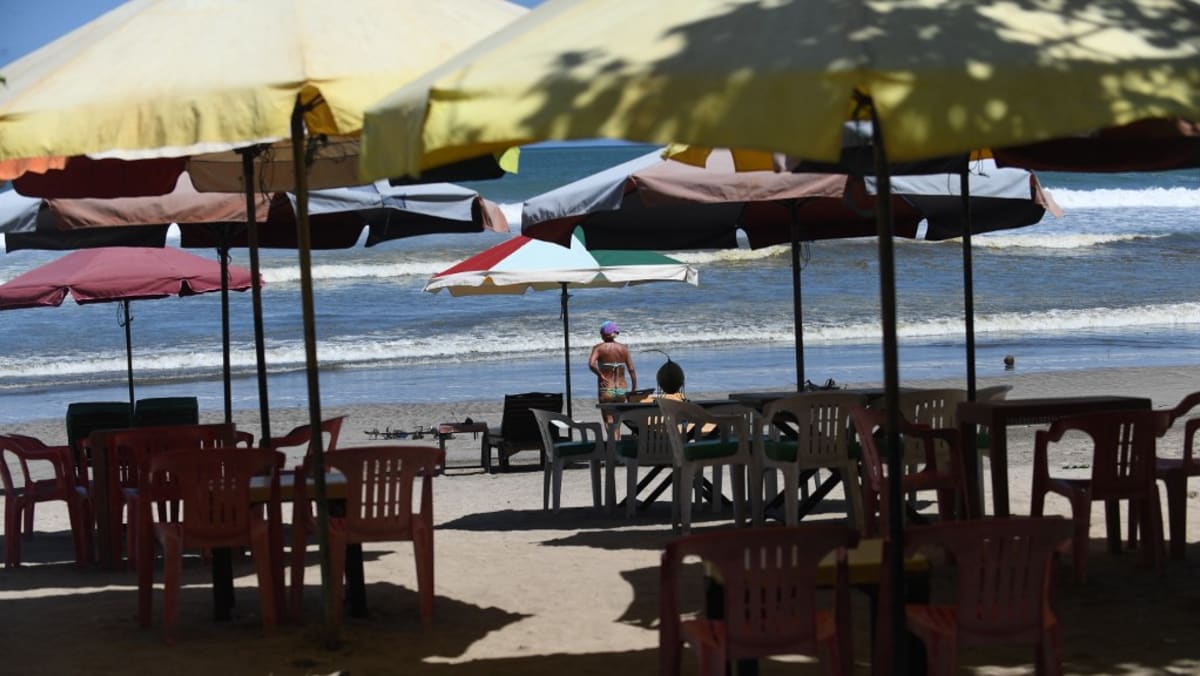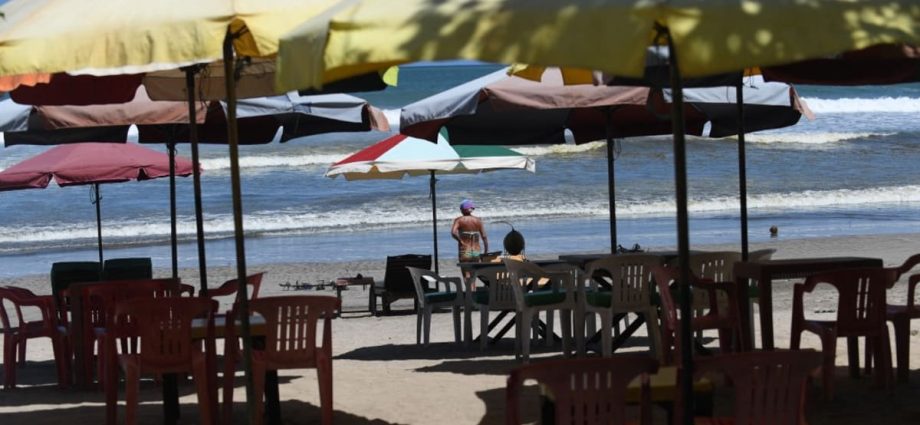
‘SYSTEMATIC DISINFORMATION’ SEEN
Asked how the Wolbachia programme could have invited protests and been postponed after 10,000 households agreed to participate, Dr Riris Andono Ahmad, a researcher at the Gadjah Mada University’s Centre for Tropical Medicine, said Indonesian society is “very communal” and prioritises harmony.
“Individual decision is not the main thing; the main thing is collective decision,” he explained. “If there are one or two people who refuse, it will not be a problem. But if there is one figure who is vocal, able to create a narrative and mobilise the masses, it will be a problem.”
Researchers experienced resistance in Yogyakarta to the Wolbachia programme too. “During the research phase in Jogja, 95 per cent of the population was willing to participate,” he said, using the Javan city’s informal name.
With “a few” creating and spreading “disinformation narratives”, it took about a month to convince the community, recalled Dr Riris, who was part of the university’s collaboration with the World Mosquito Programme until 2022, and is now researching the long-term impact of Wolbachia in Yogyakarta.
Overall, the Yogyakarta experience showed “people are actually quite open to technology and willing to accept it. They become resistant when people scare them with disinformation”, he said.
What stood out most from the resistance in Bali, was the “systematic disinformation”, said Dr Riris.
“Fear is spread by disinformation that creates horror, such as of bionic mosquitoes, causing brain inflammation, or the Bill Gates conspiracy, all based on false information.”
BALI POSTPONEMENT AN OPPORTUNITY
But the Bali postponement can be a “blessing in disguise”, said Dr Riris.
“With this crisis, the public’s attention and curiosity towards this technology is greater. If we can manage it well and not be defensive, providing information openly, it will be a good opportunity to inform the public about this technology,” he said.

